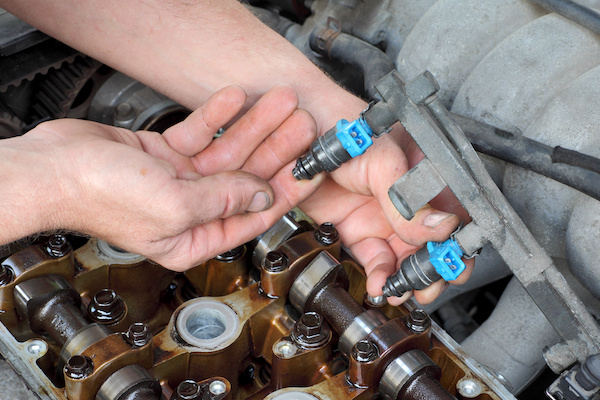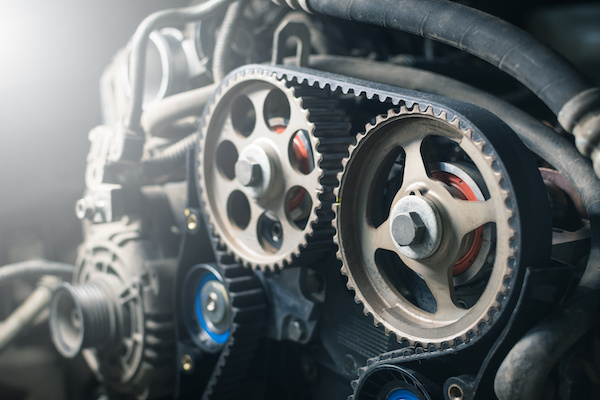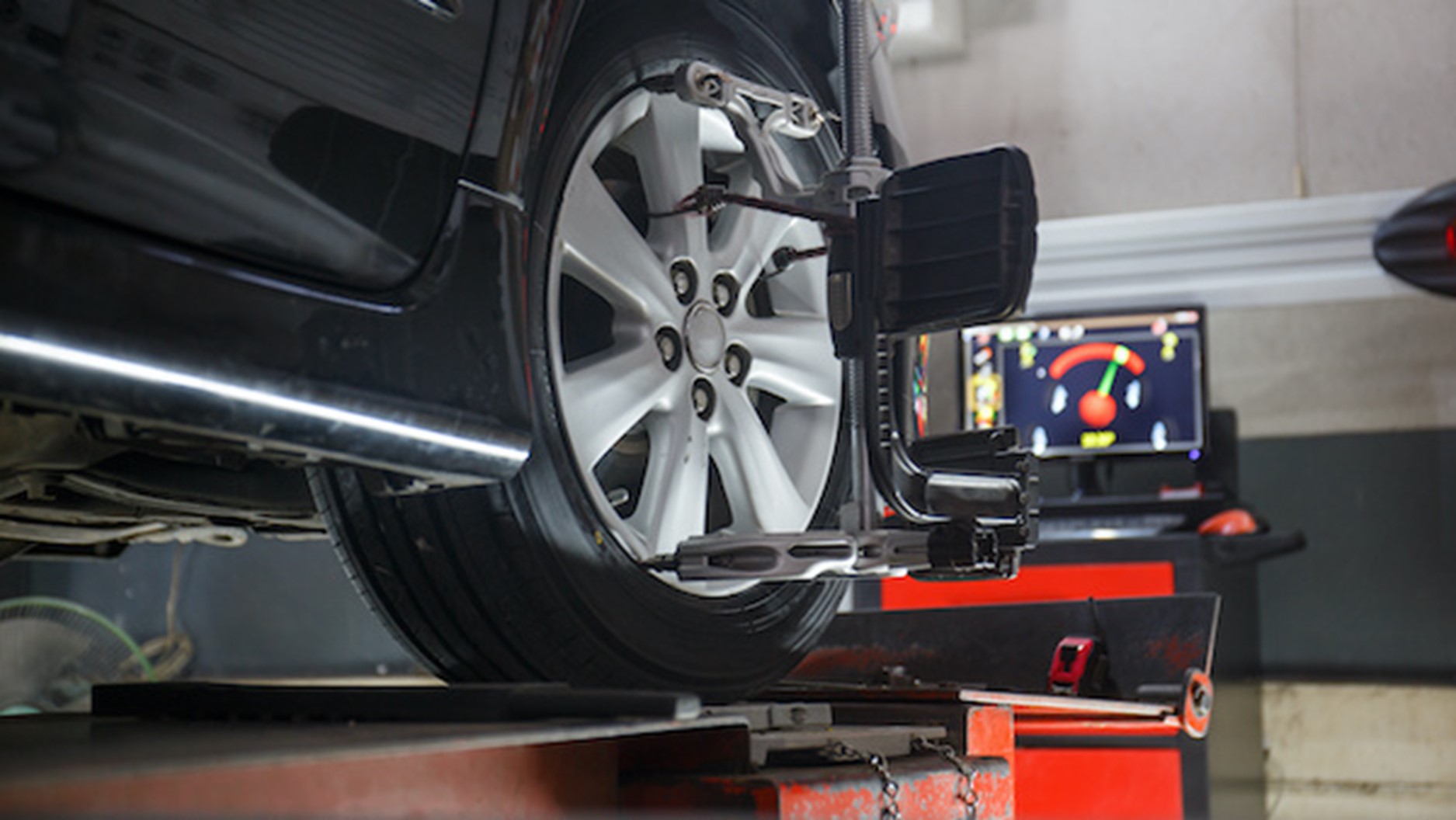Posted on 9/30/2024

Why Does My Car Keep Stalling? One of the most frustrating experiences for any driver is when their car suddenly stalls. Whether it happens at a stoplight, in the middle of traffic, or while cruising down the highway, a stalling engine is not only inconvenient but can also be dangerous. If you’ve been experiencing frequent stalls, it’s important to get to the root cause quickly to avoid potentially serious issues. This detailed guide will walk you through the common causes of car stalling, how to diagnose the problem, and what you can do to fix it. Understanding Stalling: What Does It Mean? Before we dive into the causes of stalling, let’s first define what stalling actually is. In simple terms, a car stalls when the engine stops running unexpectedly. This can happen when the vehicle is idling, when you’re accelerating, or even when driving at a steady speed. While some stalls are brief and the engine restarts easily, others can cause the car to shut do ... read more
Posted on 9/27/2024

Is Your Vehicle Smelling Like Gas? If you've noticed a strong smell of gasoline around your vehicle, it's not something to ignore. A fuel odor can be an indicator of several potential issues, some of which could pose serious safety risks. Whether you're driving an older model or a brand-new car, a gas smell should prompt immediate attention. Here’s a detailed breakdown of what might be causing that gasoline smell and why it's essential to address it promptly. Common Causes of Gasoline Odor in Vehicles Fuel System Leaks Fuel Tank: One of the most common causes of a gas smell is a leak in the fuel tank. Over time, corrosion or physical damage can create small holes or cracks, allowing fuel to seep out. Even a minor leak can cause a strong gasoline odor. Fuel Lines: The fuel lines that run from your tank to the engine can also be a source of leaks. These lines can become damaged due to age, road debris, or improper installation. A small pinhole leak in a ... read more
Posted on 9/23/2024

Why Does My Car Sound Like a Lawn Mower When I Accelerate? If your car starts sounding like a lawn mower every time you accelerate, it's a sign that something isn’t quite right under the hood. While the noise might be easy to ignore at first, it’s important to understand that this sound could indicate a more serious issue—specifically, a problem with your car’s exhaust system. In this blog post, we'll delve into why your car might sound like a lawn mower when accelerating, what it means for your vehicle, and what you should do about it. Understanding Your Exhaust System The exhaust system is a crucial component of your vehicle, playing a vital role in the car's overall performance and safety. Situated underneath your vehicle, the exhaust system is designed to guide harmful gases produced by the engine away from the car and reduce the noise created during the combustion process. The system also helps to control emissions, making your vehicle more e ... read more
Posted on 9/20/2024
.jpeg)
Why Does My Car Make A Clunking Noise When Braking ... A clunking noise when braking can be concerning, and it could indicate a variety of underlying issues. Here's a breakdown of some of the common causes: 1. Worn Brake Pads ● Description: Brake pads wear out over time, and when they get too thin, they may not engage properly with the brake rotors. This can cause a clunking or knocking sound when braking. ● Solution: Check the brake pads for wear and replace them if necessary. 2. Loose or Damaged Brake Components ● Description: If any of the components in your brake system (calipers, rotors, or brackets) are loose or damaged, they might shift when braking, leading to a clunking noise. ● Solution: Have a mechanic inspect the brake assembly to ensure everything is securely fastened and functioning properly. 3. Worn Suspension Components ● Description: The suspension system, including control arms, ball joints, a ... read more
Posted on 9/16/2024

Title: Auto Care Services: Why You Need a Plan to Keep Your Car Running Smoothly Introduction: Maintaining your vehicle is more than just an oil change and tire rotation—there’s a lot more that goes into keeping your car in top shape. From shocks and struts to flushes, filters, and belts, the list of necessary auto care services can feel overwhelming. But with a solid plan in place, you can ensure your car stays reliable while avoiding unexpected costs. Our ASE-certified master technicians can perform a full inspection of your vehicle and build a customized maintenance plan. Let’s break down the essential services and how to incorporate them into a budget that works for you. 1. Understanding What Goes Into Auto Care Services Auto care isn't just about the basics. Maintaining a car involves several components that work together to keep your vehicle running smoothly and safely. Here’s a breakdown of what you need to keep an eye on: Shocks and Struts: Thes ... read more
Posted on 9/9/2024

Why Does My Car Make Noise When I Turn? If you've ever experienced a strange noise when turning your car, you're not alone. This unsettling sound can range from a light squeak to a loud clunk, and it often leaves drivers worried about the health of their vehicle. Understanding the root cause of these noises is crucial, as it can help you address the problem early and avoid costly repairs down the line. In this detailed guide, we'll explore the various reasons why your car might make noise when turning and what steps you should take to resolve it. Types of Noises You Might Hear Before diving into the causes, it's essential to understand the types of noises you might encounter. Different noises can indicate different issues, so paying attention to the sound can be a valuable diagnostic tool. 1. Squeaking or Squealing: This high-pitched noise is often heard when turning the steering wheel, especially at low speeds. It might be more noticeable when parking or making tight t ... read more
Posted on 9/6/2024
Auto repair near me Finding a reliable auto repair shop involves several steps and considerations. Here's a comprehensive approach to help you make an informed decision: Research and Recommendations 1. Ask for Recommendations: ○ Friends and Family: Start by asking friends, family, and colleagues for their recommendations. Personal experiences provide valuable insights into the quality of service, reliability, and honesty of the shops they have used. 2. Online Reviews: ○ Google My Business: Search for auto repair shops on Google Maps. Look at the overall rating, the number of reviews, and read through both positive and negative reviews. Pay attention to recent reviews as they reflect the current state of the business. ○ Yelp and Other Review Sites: Yelp, Angie’s List, and the Better Business Bureau are great for additional reviews and ratings. These platforms often have detailed reviews where customers share their experiences with pricing, service quality, and customer intera ... read more